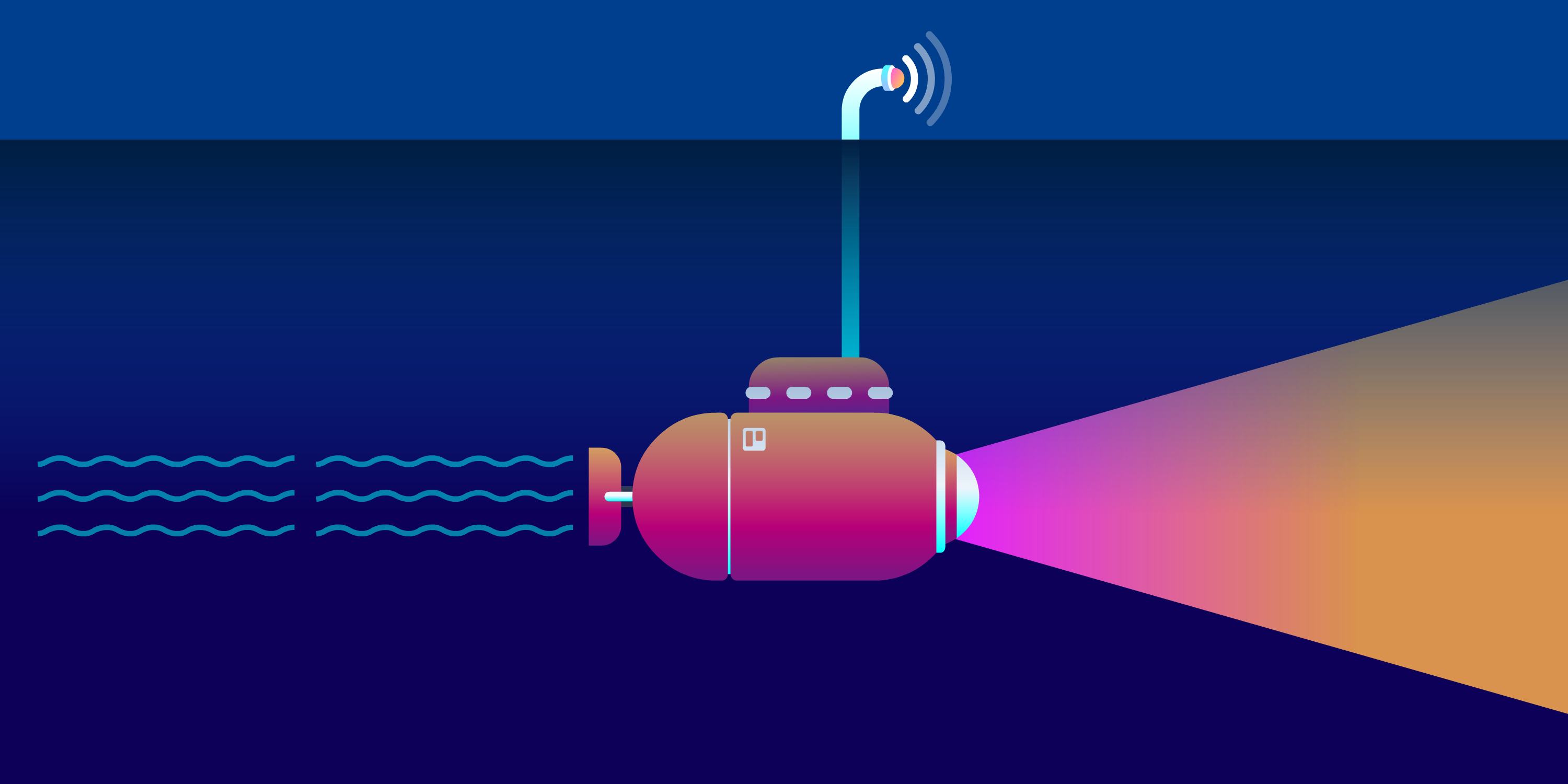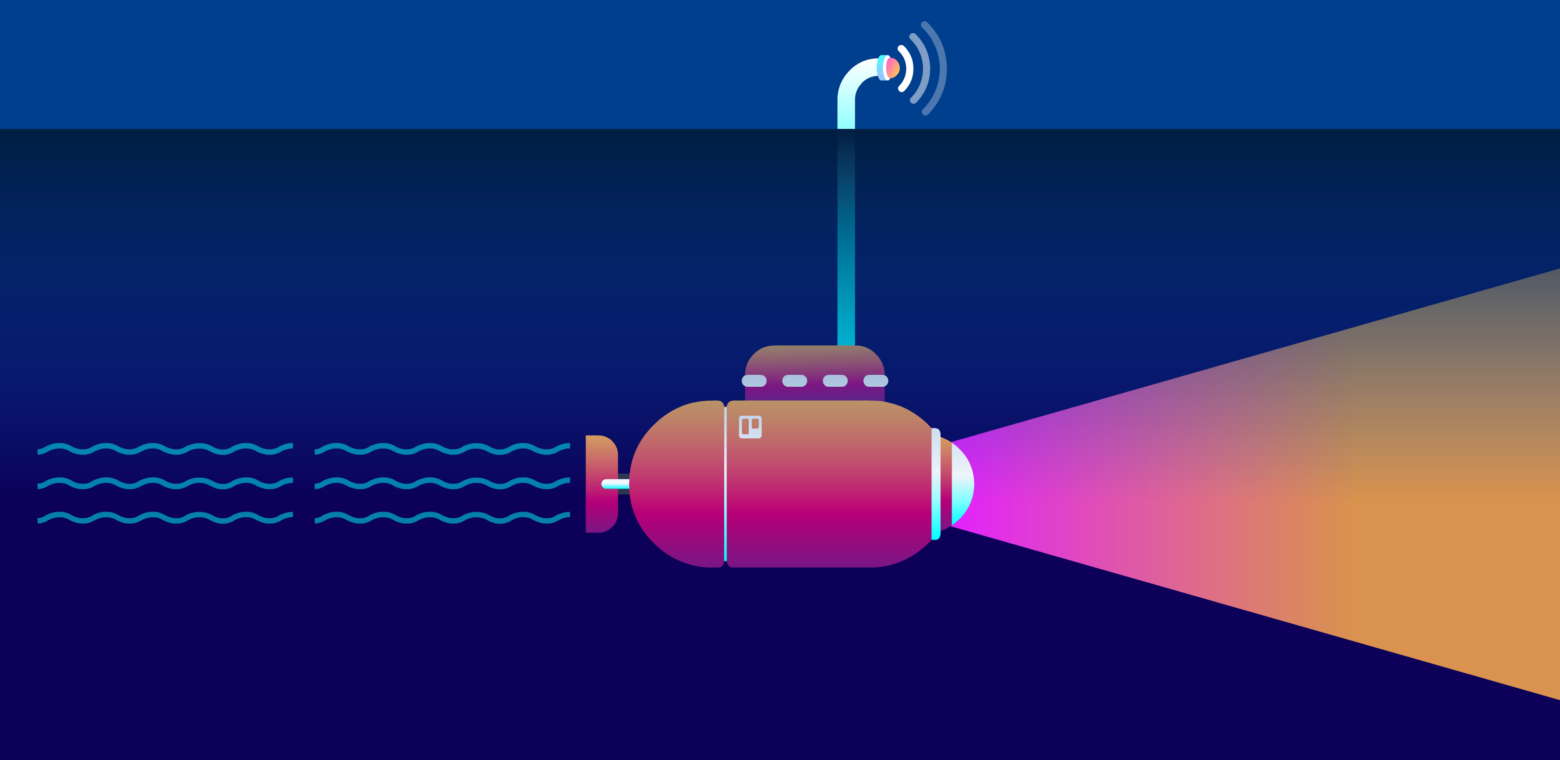
Here’s a challenge that’s harder than you might admit: Sit down with a project and focus on it, uninterrupted, for the next 90 minutes. No email, no chat, and no jumping between tasks.
Oh, and touching your phone (which you do an average of 2,617 times per day) is off limits, too.

Author and professor Cal Newport explores our inability to focus in his book, Deep Work: Rules for Focused Success in a Distracted World.
The ability to concentrate on deep work, Cal argues, is one of the most valuable skills that a person can bring to their job and the economy at large. Deep work produces valuable assets, innovative ideas, and impactful outcomes. Yet it is also increasingly rare.
The majority of us struggle to fight off the busyness that comes with technology, connectivity, and our need to “have it all.” Tasks that don’t require full concentration, what he labels as shallow work, can quickly fill up our schedules and sideline us from tapping into the depth of our potential.
How can we better develop deep work as a fundamental professional skill? What are the risks if we don’t? We went straight to the source, and asked Cal for his insights and tips for diagnosing and reversing deep work deficiency.
Diving Into Deep Work Theory
Trello: You’ve stated that deep work is “a skill that must be trained”—a point most people overlook. Why are we ignoring the fact that focus takes practice?
Cal: This is something a lot of people get wrong. Many think that focusing without distraction is a habit, like flossing their teeth—something they know how to do but simply need to make time to do more often. The reality, however, is that deep work is a skill, like playing the guitar—something that you shouldn’t expect to be good at if you haven’t been practicing.
This is important. If you think deep work is a habit and then you try it and it goes poorly (as one would expect if you haven’t been practicing it), you might incorrectly conclude that you’re not a “deep work person,” and give up on it.
On the other hand, once you recognize it’s something that must be trained, you won’t be discouraged by early bad experience. You just see this as evidence that you have some work ahead of you to get better.
“Many think that focusing without distraction is a habit, like flossing their teeth—something they know how to do but simply need to make time to do more often. The reality, however, is that deep work is a skill, like playing the guitar—something that you shouldn’t expect to be good at if you haven’t been practicing.”
How does deep work impact your life in other ways than just the time you have to work free from distractions? How does it relate to generally being more mindful?
Cal: Deep work and mindfulness share a commitment to being intentional with your attention. We don’t always realize how much we allow our attention to be claimed and manipulated and batted around like a toy by outside forces. When you sit down to, say, meditate, or focus intensely on one hard work task, the resistance you feel at first helps underscore this state of affairs.
“We don’t always realize how much we allow our attention to be claimed and manipulated and batted around like a toy by outside forces.”
The “maker vs. manager” concept is one we put into practice at Trello, meaning we schedule consistent “maker days” or part-days to work on projects that are respected as no-interruption times. How would you recommend people go about building a deep work culture at their office?
Cal: A particular strategy that my readers have reported to be effective is the deep-to-shallow ratio. In more detail, you talk with your boss about deep work and shallow work. You note that both are important. Then try to work together to figure out what your optimal ratio of deep to shallow work should be in a given week. That is, what fraction of your working hours in a normal week should be deep and what fraction should be shallow.
Once you’ve agreed on a ratio, begin measuring your time and reporting back how it’s going. If you’re consistently falling short, you can work together to come up with a plan to help you hit this optimal ratio. In practice, these plans often end up including set depth times, supported by your boss, that are protected for you to be undistracted.
What does a successful deep work experience feel like?
Cal: Once you become a disciplined practitioner of depth you begin to realize that shallow activities—small tasks, emails, meetings—do not move the needle. They are easily replicable and do not improve or apply hard won skills, therefore, by definition, are not producing much new value in the world. Once you have this mindset, you stop seeing all this frantic rushing as some sort of good “productivity,” and instead become antsy about when you can next think hard and produce valuable things.
“Once you become a disciplined practitioner of depth you begin to realize that shallow activities—small tasks, emails, meetings—do not move the needle.”
The shift can actually be quite dramatic. So, for many knowledge workers who associate churn of tasks and messages with being useful and hard working, it can be quite disorienting when they start to see such activities as somewhat unrelated to true productivity.
What role does technology play in cultivating a deep work ethic? What’s one thing we can do to make technology less harmful to our productivity
Cal: Technology certainly plays a role in making deep work more difficult. The biggest impact is probably the smartphone. For the first time in human history, it’s now possible to offer yourself distraction at the slightest hint of boredom in any circumstance—from standing in line, to waiting for a date to return from the bathroom at a restaurant, to stopping at a traffic light.
Banishing boredom sounds good, but the problem is that it builds a Pavlovian connection in your brain that boredom means distraction. Once you have this connection formed, it can be incredibly difficult to think deeply when the time comes because deep work, by definition, is boring (it focuses on one thing, not novel stimuli), and your brain has been trained not to tolerate such boredom.
The key to preparing for deep work, therefore, is to regularly inject boredom into your life. You don’t have to throw out your phone, but on the other hand, don’t take it with you everywhere. Or put it aside for specific times when you don’t use it, and keep track of all the blocks in which you fail from this abstention, using a scoreboard to keep you motivated.
Learn more from Cal Newport about deep work and other ways to develop valuable skills in the connected age here.
Tell us: How do you practice deep work, and what has the practice produced in your life?
Next: The Planning Fallacy: Why We Always End Up Overloaded At Work
